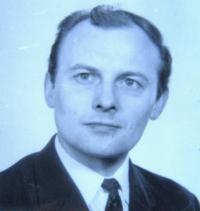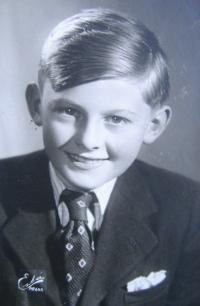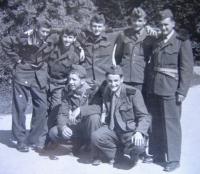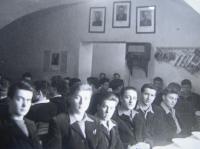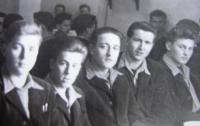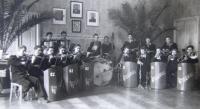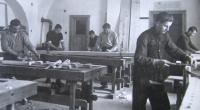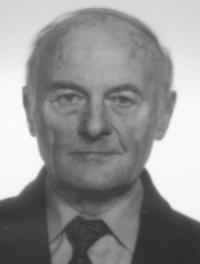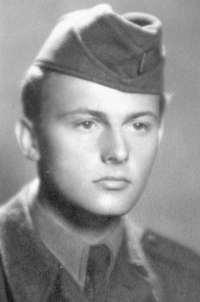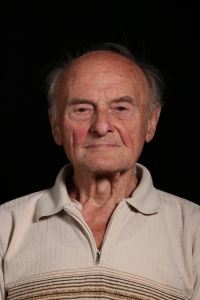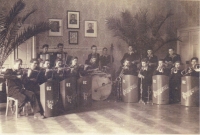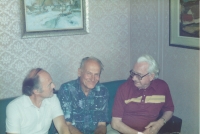Wardens always treated me well
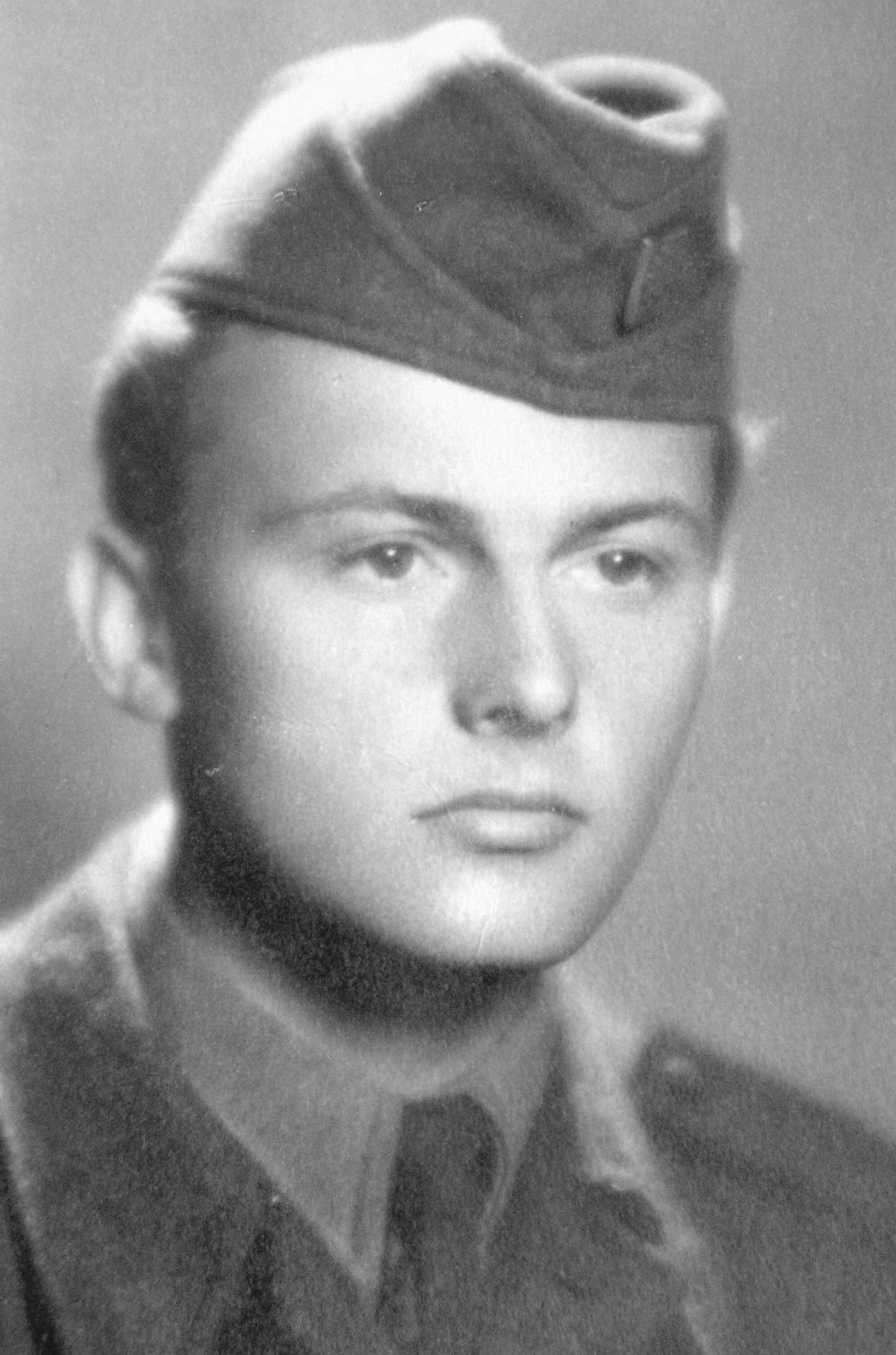
Download image
Luděk Šácha was born on 28 June 1931 in Prague. His father Josef Šácha worked as a sales representative at a drilling company and also at Saponia, his mother Anna was a housewife. In addition to Luděk, the Šáchas raised his brother Karel, who emigrated to Switzerland in 1969. He grew up near Prague and has memories of its liberation in 1945. He studied at a French grammar school. In 1947, at the age of 16, Luděk decided to travel illegally to Germany. After three days, he was arrested by the French occupation authorities and escorted to the Jugendheim (boys’ home) in the town of Zell im Wiesental, where he spent two months. After his return, he began to study at the business academy in Prague-Karlín. There he lived through the February days of 1948. With several of his classmates, he began to plan illegal actions against the new regime. On 10 March 1949, he was arrested during his classes and several other classmates were arrested with him. All of them were taken into custody, followed by transport to Pankrác prison and trial. The state trial of the ten-member illegal group took place on 22-23 June 1949 in Prague. The prosecution accused Luděk Šácha of committing the crime of treason. Luděk Šácha served his entire sentence in the Institute for Juvenile Offenders in Zámrsk. After his release in October 1950, he joined the national enterprise AVIA Čakovice as a worker, and in 1952 he enlisted in the Auxiliary Engineering Corps in Komárno. In 1955 he got married in Zámrsk. He worked at the Research Institute of Nuclear Instruments TESLA, where he worked as a dispatcher of the Electronic Instruments Department. Gradually, he completed his education and obtained an engineering degree at the Czech Technical University. At the end of the 1980s, he held the position of non-exempt secretary at the Zdiby-Veltěž Municipal Council. After 1989, he became mayor of Zdiby-Veltěž for three terms. In 2009 he joined the Confederation of Political Prisoners.
